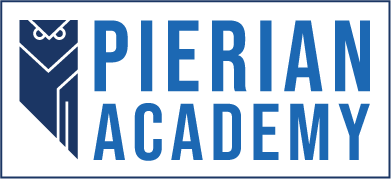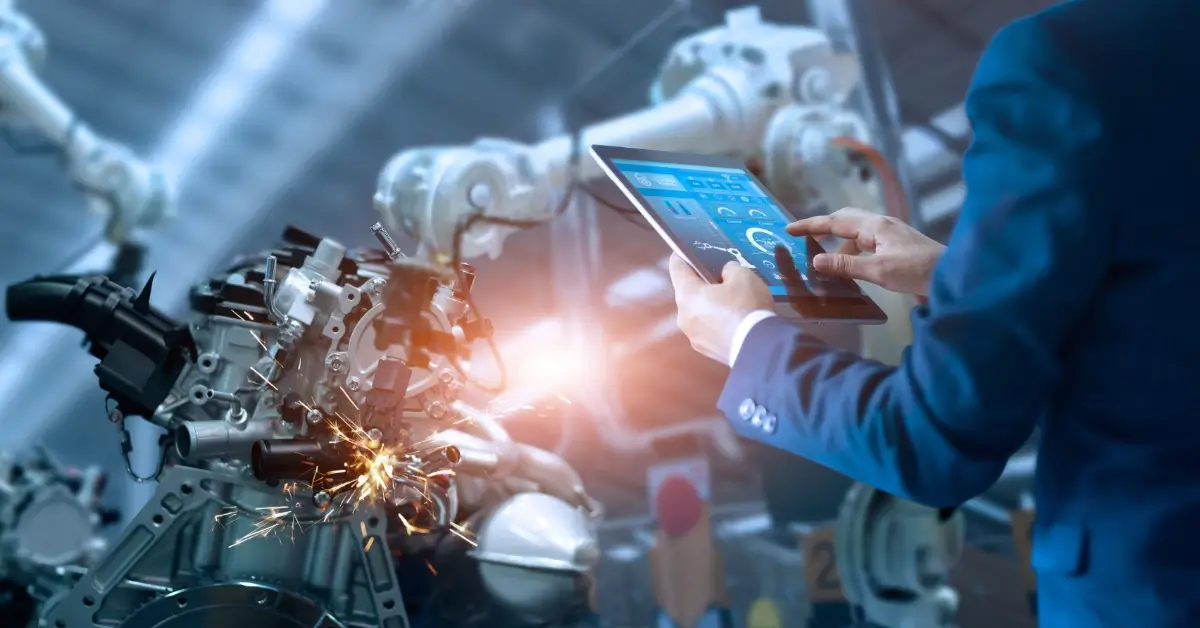In manufacturing, reliability refers to a system, component, or process that performs its required function for a specified period under stated conditions. It reflects the ability of machines and systems to operate without failure. Reliable equipment reduces downtime, lowers maintenance costs, and supports consistent production output.
For example, if a motor is expected to run for 5,000 hours between failures, its reliability can be measured by how well it meets that expectation. If it fails after 1,000 hours, it creates unplanned downtime, incurring extra repair costs and potentially leading to product loss.
The objective of reliability is to maintain stable production, minimize disruptions, and ensure the quality of manufactured goods. This is why reliability is a core focus in manufacturing operations, particularly in industries where downtime directly impacts revenue.
Common reliability concerns in manufacturing include:
- Unexpected equipment breakdowns
- Inaccurate or missing maintenance data
- Inconsistent operator training
- Aging machinery with no updated service plans
Understanding and improving reliability enables manufacturers to meet demand without incurring costly delays or disruptions.
Why Is Reliability Important in the Workplace?
Reliability affects every part of the workplace—from machine performance to employee confidence. When systems and tools are reliable, workers can focus on tasks instead of reacting to failures. It creates a smoother, safer, and more predictable work environment.
Here’s how reliability benefits the workplace:
- Increased productivity: Less time is wasted on unexpected repairs or troubleshooting.
- Improved morale: Employees trust their equipment and avoid frustration from repeated failures.
- Higher product quality: Reliable systems reduce the risk of defects or errors during production.
- Lower operational costs: Fewer breakdowns mean fewer emergency repairs and less downtime.
Training is a critical component of building a reliable and efficient workplace. Courses such as Reliability-Centered Maintenance (RCM) and Maintenance Task Analysis (MTA) equip personnel with the skills needed to anticipate and prevent failures. Staff trained in reliability can analyze data, recognize failure trends, and implement proactive strategies to improve system performance and reduce downtime.
What Is the Relationship Between Reliability and Safety?
Reliability and safety are closely connected. Equipment that fails unexpectedly can create serious safety risks for workers. For example, a faulty valve in a pressurized system could cause a leak or explosion. A failed sensor may allow a machine to operate outside its designated range, putting operators at risk.
When equipment is reliable:
- Failures are rare and often predicted.
- Maintenance is scheduled, not reactive.
- Risk to human safety is significantly reduced.
Unplanned breakdowns often result in rushed repairs, increasing the risk of injuries and operational errors. Under pressure to restore functionality quickly, workers may bypass safety protocols, compromising both personal safety and system integrity.
By investing in training, such as Reliability Centered Maintenance, manufacturers build a safety culture grounded in prevention. Reliable systems safeguard people and property while complying with safety regulations.
Industry-Specific Challenges in Manufacturing
Different manufacturing sectors face different reliability demands. A one-size-fits-all approach does not work. That’s why targeted training is essential.
Food and Beverage Manufacturing
Hygiene and contamination control are top priorities. Equipment must not only function consistently but also meet strict sanitation standards. Failures can result in spoiled products or safety recalls.
Automotive Manufacturing
Downtime in this sector results in significant losses. Assembly lines are finely tuned, and even a single machine failure can halt an entire plant. Reliability helps avoid production bottlenecks and ensures on-time delivery.
Aerospace and Defense
Precision and performance are critical. Failures can lead to catastrophic results. In these sectors, reliability must be proven through documented testing, analysis, and planning.
Heavy Equipment and Utilities
Machines often run in harsh environments. Dust, vibration, and extreme temperatures increase wear. A comprehensive Level of Repair Analysis course can help teams determine whether to repair or replace parts to ensure long-term performance.
By understanding each industry’s unique requirements, training can address the right problems and deliver effective solutions.
Training Courses That Improve Reliability
Training is the foundation for reliable operations. It transforms knowledge into action, providing teams with the tools to plan, assess, and respond to maintenance needs.
At Pierian Academy, training courses focus on:
- Technical accuracy
- Field-tested practices
- Industry-standard methods
Some of the most in-demand courses include:
- Reliability Centered Maintenance (RCM) : Helps identify failure modes and establish preventive maintenance actions.
- Level of Repair Analysis : Teaches how to assess the cost and value of repairing versus replacing parts. Supports decision-making with data-driven modeling tools.
- Product Support Analysis (PSA) : Improves support planning by identifying and optimizing logistics elements.
- Maintenance Task Analysis (MTA): Enhances the development of maintenance tasks by leveraging reliability data and functional analysis to ensure effectiveness and efficiency.
Each course addresses specific needs in the supportability domain, from planning to execution.
Reliability in manufacturing is essential. It keeps production moving, supports safety, and protects company performance. However, improving reliability requires more than just new equipment—it demands skilled personnel who know how to manage systems, analyze performance, and take prompt action to prevent failures.
Take the Next Step: Explore World-Class Reliability Training
Pierian Academy offers advanced, world-class training courses that help organizations meet global specifications and standards. These courses serve customers working in supportability, logistics engineering, and maintenance planning.
Visit PierianAcademy.org to learn more, view schedules, and register for upcoming courses. Train smarter. Build stronger. Operate with confidence.




